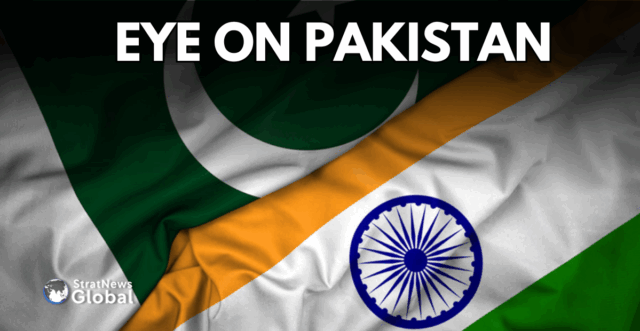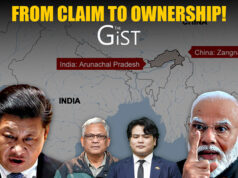“India-Pakistan relations have been all snakes and no ladders,” says a chapter in the book, ‘Whither India-Pakistan Relations Today? Can They Ever Be Good Neighbours?’
Edited by former Ambassador Surendra Kumar, it brings together opinions and perspectives authored by 14 eminent persons, two of them former foreign secretaries, two ex-generals, two academics and a former journalist, a clutch of retired ambassadors, only one of whom, curiously, served in Pakistan as high commissioner.
The army perspective is there in the introduction and the first chapter. Maj Gen Ashok Mehta makes two points: that dialogue with Pakistan should be “uninterrupted and uninterruptible”, and that India has failed to engage with the decision makers in that country, meaning the army. He urges strategic patience and calls for setting aside the Modi government’s stance that “talks and terror cannot go together.”
Former army chief Gen Deepak Kapoor writes that frequent “Balakot-like strikes” will be counterproductive and hopes that the disillusionment evident among sections of Pakistanis will translate into political change.
Former foreign secretary Shyam Saran, regarded as among the most astute of Indian diplomats, believes that Pakistan’s current parlous economic situation offers an opportunity for India to take the lead as the big regional power. Not that Pakistan is close to collapse, far from it. He warns that “a permanent fracture between the peoples of the two neighbouring countries … carries within it the seeds of even greater hostility in future.”
Kanwal Sibal, another former foreign secretary, adheres to the more standard narrative on Pakistan to zero in on the nub of the problem: “The structures of Pakistan’s polity have to change in a major way for it to possibly live as a good neighbour of India. But this is not for tomorrow.”
Author and former journalist MJ Akbar argues that Modi has made a “radical” departure from previous governments on Pakistan. A neighbour is defined by reach, like the Gulf states, all Muslim, but it’s hard to get a ticket when flying from India because of the demand. Indonesia, too, is far closer with direct flights now underway. Between India and Pakistan, there are none.
At a function in Delhi to release the book, one of the panelists, former high commissioner TCA Raghavan made the point that “What concerns Pakistan is not your military strength, but your economy, your political strengths, your social fabric, and most of all, the capacity of your cultural institutions to change Pakistani thinking, although very slowly.”
Another speaker, Shashi Tharoor, made a point that will probably resonate throughout the country. “Given the record of Pakistani behaviour, they’re the ones who have to take the first steps to show some sincerity about dismantling the terror infrastructure on their lands.
It is acknowledged that there are no 100% perfect neighbours. Nepal isn’t, nor is Bangladesh, look at the Maldives and Sri Lanka. But they don’t stoke terrorism against India. The late Prime Minister Manmohan Singh’s dream of “breakfast in Amritsar, lunch in Lahore, and dinner in Kabul,” was denied him, but there’s always hope that reason and good sense will prevail someday.





